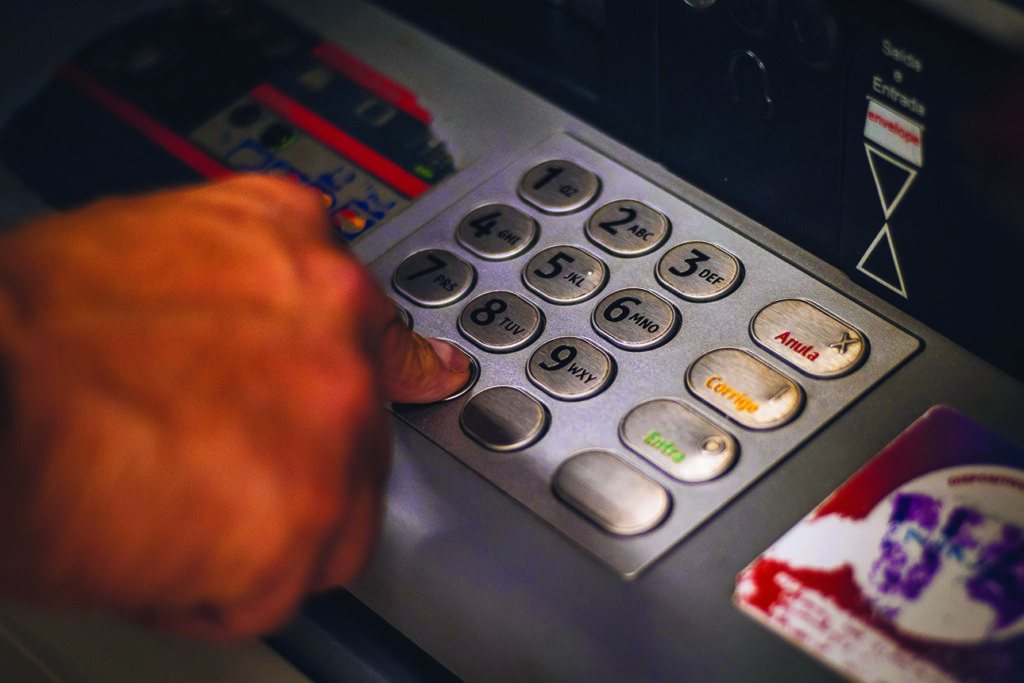In 2005, MCB set up a fraud prevention department to provide its customers with better support. Identity theft, credit card scams, account takeovers… the banking sector has seen a 105% increase in cases in three years. Delphine Raimond
The most common techniques are now smishing (SMS phishing), vishing vishing (voice phishing), spearphishing spearphishing (and Business Email Compromise (BEC), aimed at businesses. When we become aware of fraud, it’s often too late,” says Norbert Coignet, Fraud Prevention Manager at MCB. That’s why prevention remains our top priority, because it protects not only the bank’s assets, but also the trust and financial well-being of its customers.
The end of the year is ripe for scams!
During the holiday season, the need for extra manpower (particularly in the retail sector) forces many companies to relax internal controls and background checks. Added to this are inadequate training of staff in policies and procedures, lack of timely bank reconciliation, lack of physical protection, and so on. On the customer side, vigilance is waning and telephone scams involving lotteries, donations, etc. are on the increase, catching victims in their vulnerability or, worse still, in their generosity. Regularly trapped by the prolific imagination of scammers, they think they’re corresponding with bank managers and other authority figures who gain access to bank accounts, via blocked account or card certificates, for example. And while an upsurge of messages on social networks offer loans with no guarantees or fees and encourage advance payments, other practices persist, such as “shoulder surfing”, when you enter your bank card code in a busy shopping mall, or the high volume of mail and parcels circulating at this time of year, encouraging identity theft and the resale of items.
Proven techniques
As Mauritius embraces digital transformation, fraudsters remain one step ahead in increasingly sophisticated methods of manipulation, exploiting advanced technologies – AI, crypto-currencies, social media platforms – to bait populations. “Many individuals and companies are slow to recognize these threats,” Norbert laments. Romance, loan and employment scams are still widespread on the net. Not to mention bogus websites that imitate legitimate shopping platforms, luring Internet users with implausible discounts.
“Despite the ongoing efforts of banks and authorities to educate the public, many people find it difficult to distinguish genuine from fraudulent content.” Among other duties, the department’s ten experts monitor and detect any anomalies on customer accounts, investigate known or suspected illicit activities, collaborate with all staff and external agencies: the police, the cybercrime unit, etc.
Check your bank statements regularly. Never share your personal and banking information with a third party!
In the event of a scam :
* Refer to the authorities and/or report the case on the MAUCORS website, dedicated to cybercrime: https://maucors.govmu.org/maucors
* Immediately call the bank (or go to a branch), which will record the procedure and the disputed transactions, and block cards and access to services (Juice, Internet Banking, etc.).
+230 202 5010 for CB fraud and +230 202 6060 for other types of fraud.
